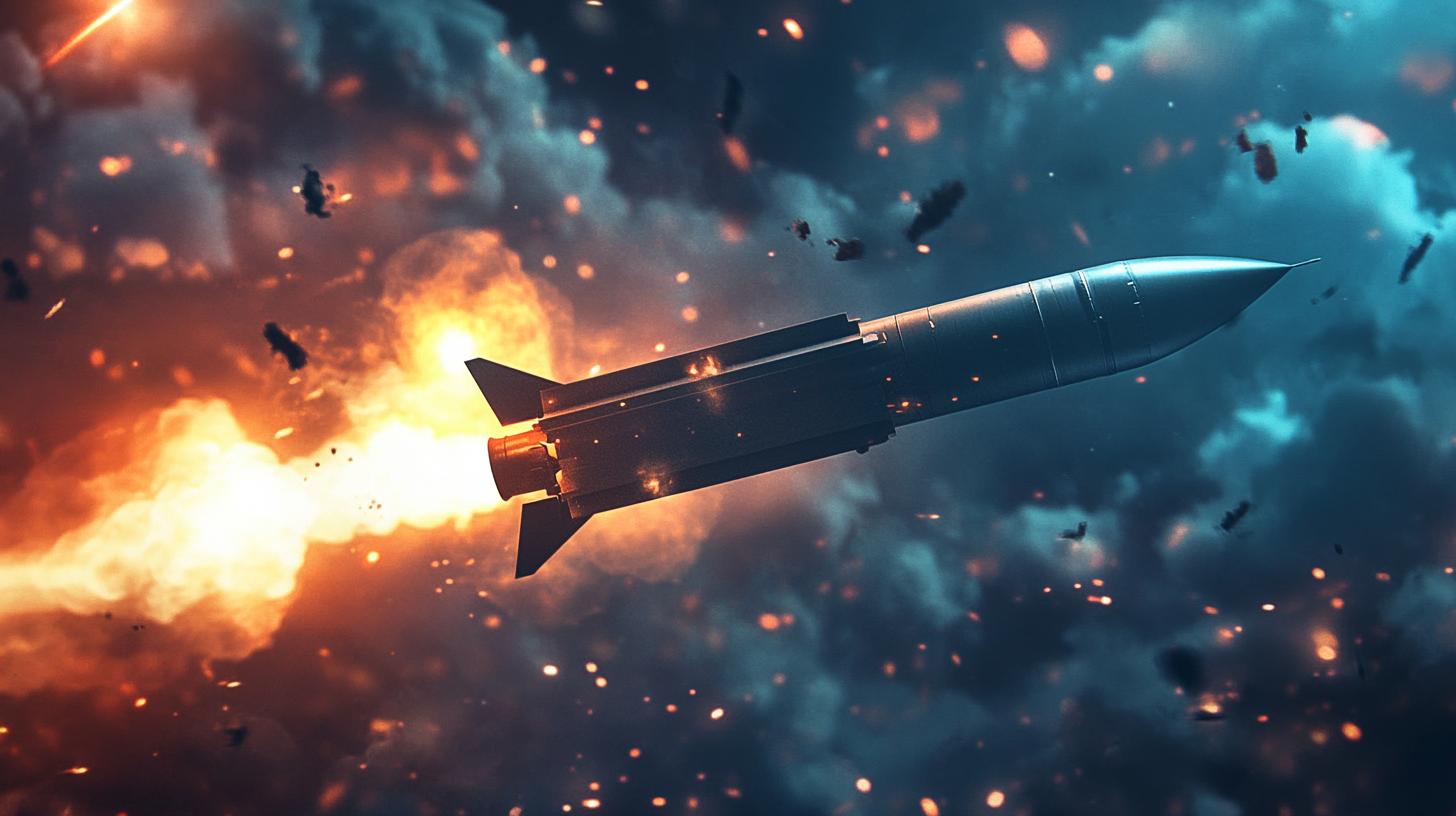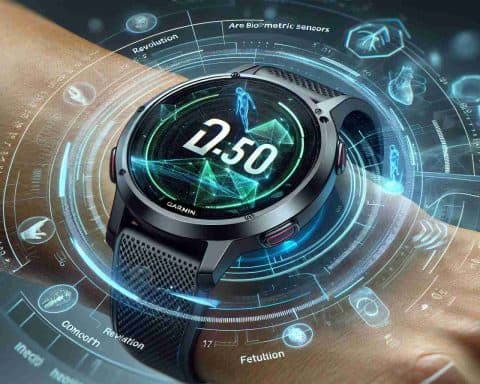The world of missile technology is on the brink of a transformative shift as artificial intelligence (AI) begins to play a crucial role in modern warfare. Traditionally, missiles were designed as precise delivery systems powered by advanced propulsion technologies and guided by GPS or radar. However, the advent of AI is giving rise to an era of smart missiles that can think, adapt, and execute complex maneuvers mid-flight.
The integration of AI in missile systems allows these weapons to process vast amounts of data in real-time, enabling them to choose optimal paths, re-target if conditions change, and avoid enemy defenses more effectively. This evolution is particularly significant in the development of hypersonic missiles — weapons capable of traveling at speeds greater than five times the speed of sound. Hypersonics paired with AI are set to redefine strategic arsenals worldwide, posing challenges to current defense systems.
Beyond the physical prowess, the ethical considerations surrounding AI-driven weaponry are stirring global debate. The potential for autonomous decision-making in lethal scenarios raises questions about accountability and the rules of engagement in conflict zones. As governments race to develop or counter these advanced systems, the international community is urged to establish comprehensive treaties and norms governing their use.
In this rapidly evolving landscape, the balance of power could shift dramatically, forcing reevaluation of global security frameworks. The emergence of smart missiles marks not just a technological leap, but a pivotal moment in the future of warfare.
AI-Powered Missiles: The New Frontier or Pandora’s Box?
As missile technology takes bold strides with the incorporation of artificial intelligence, the implications for humanity and technology are profound. Beyond the well-publicized hype around smart missiles and hypersonic capabilities, lesser-known details reveal a series of intriguing dilemmas and opportunities.
Interesting Fact: AI can autonomize almost the entire trajectory of a missile, significantly reducing the need for human oversight. But can machines adequately respond to the myriad ethical and moral questions posed by warfare? The potential for unintended consequences is vast, leading to global debates over AI’s judgment capabilities.
Advantages vs. Disadvantages:
AI could revolutionize missile accuracy, ensuring pinpoint precision while minimizing collateral damage. This precision lends these weapons a dual-use capability, which could extend to non-combat applications such as dispersal of satellites or targeted delivery of geological probes. However, with great power comes the risk of misuse. Autonomous missiles could execute misguided strikes if led astray by faulty programming or hacking efforts.
Controversies: The issue of accountability looms large. In the event of a missile misfire, who bears the responsibility—a tangible figure or the intangible AI? Furthermore, the question of urgency in establishing international treaties remains pressing. Without a unified approach, the race for AI-driven arsenals may lead to a new arms race devoid of checks and balances.
As we stand on this precipice, the choices made today will define the battlefields—and potentially civilian landscapes—of tomorrow. The conversation continues on how best to balance innovation with humanitarian principles. For deeper exploration, visit The Guardian.














